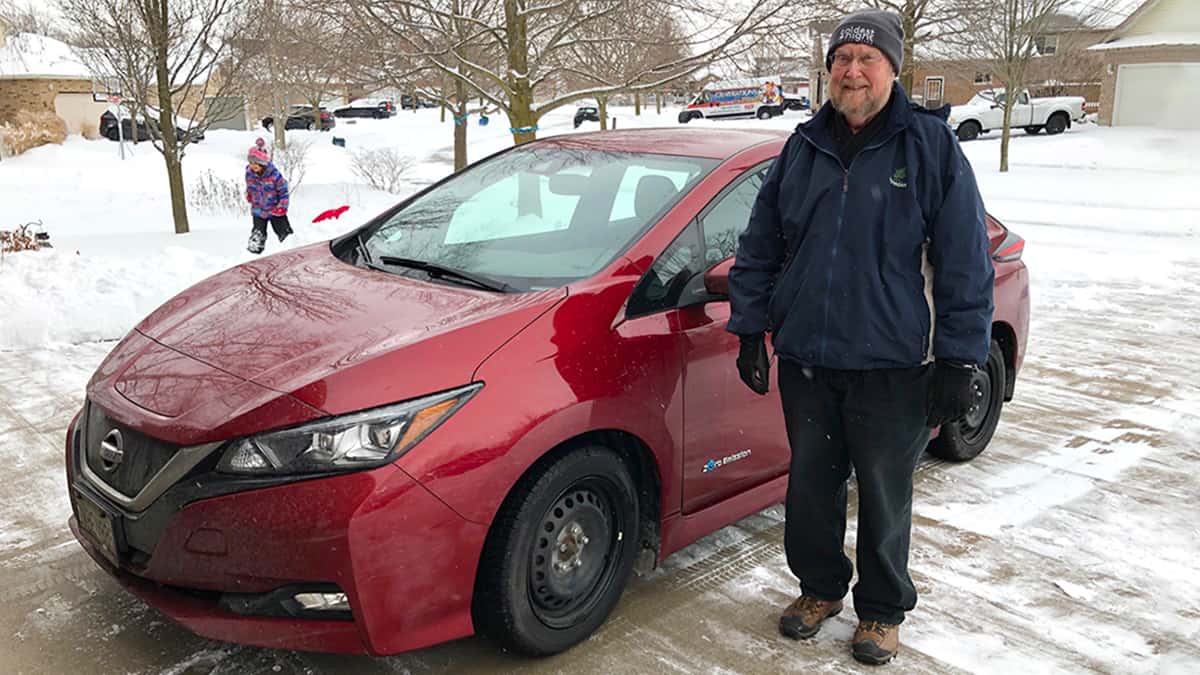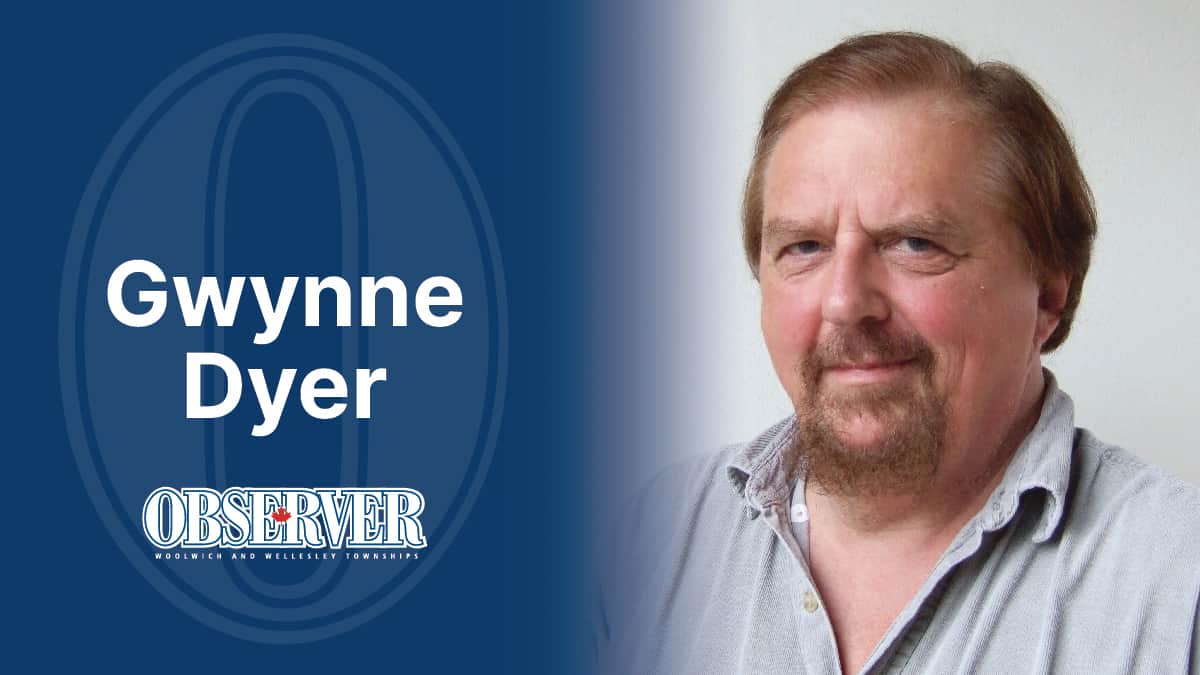Given that it’s an environmental group with ecology boosting right in its name, it’s no surprise that the Nith Valley EcoBoosters support a transition to electric vehicles.
In Waterloo Region, 49 per cent of carbon dioxide emissions come from transportation, which translates into two million tonnes of emissions each year. Electric cars would go a long way to reducing that number, the group says, which is why it’s hosting a webinar next week looking at the benefits of the technology.
Tom Knezevich, chairperson with the EcoBoosters, says the organization’s goal of a better environment, coupled with helping people was the inspiration for the event scheduled for February 18.
The session aims to provide information about electric vehicles and to dispel any misconceptions people may have by having current owners of such cars attest to the benefits.
“When we consider what we’re going to do [to better the environment], one of the things that we’re always looking at is climate change.… With almost half of the carbon dioxide coming from our use of our transportation, we knew that electric vehicles are a great possibility in terms of helping to reduce those emissions for the future. In our area it’s a very big problem. So, what can we do to help educate people, what are the things that we can do as individuals to help reduce the emissions and this is one way,” said Knezevich.
“The other main inspiration was that there are a lot of myths and misconceptions about electric vehicles if you talk to anybody who does not own one right now. So, we wanted to address those myths and misconceptions in this webinar and give people a bit more understanding of whether those things are true or not true that they’ve been hearing.”
Taking part in the webinar will be Andy Wilson, owner of both a hybrid and a fully electric vehicle.
He says there are many things people who grew up with gasoline-powered cars understand but fail to comprehend about electric vehicles. During the presentation he plans on covering five topics, including terminology, environmental benefits, economics, drivability/why electric vehicles are fun, and cargo issues.
He says some of the main misconceptions he hears about electric vehicles are that they have a small range, charging them is a big problem, that people do not trust them as a main car, and that they simply do not know enough about these vehicles and are unsure if they will work for them,
“For 99 or 98 per cent of your normal driving, you’re driving around the city. Most people do not do 400 or 500 kilometres a day.” said Wilson.
He also says electric vehicles allow people to skip the gas station, because most of the time they only need to charge the car at home.
“Think about how much time people spend standing in a gas station, filling their vehicle with gasoline. Whereas with an electric car, probably 97 per cent of the time, you’re not using public charging stations, you’re charging at home overnight. You drive into the garage at night, and plug the car in. You get up in the morning, you unplug it, and you drive away and you’re spending no time standing around.”
The electric vehicle webinar will be held February 18, from 7:15 p.m. to 8:45 p.m. Get more information and register online.









